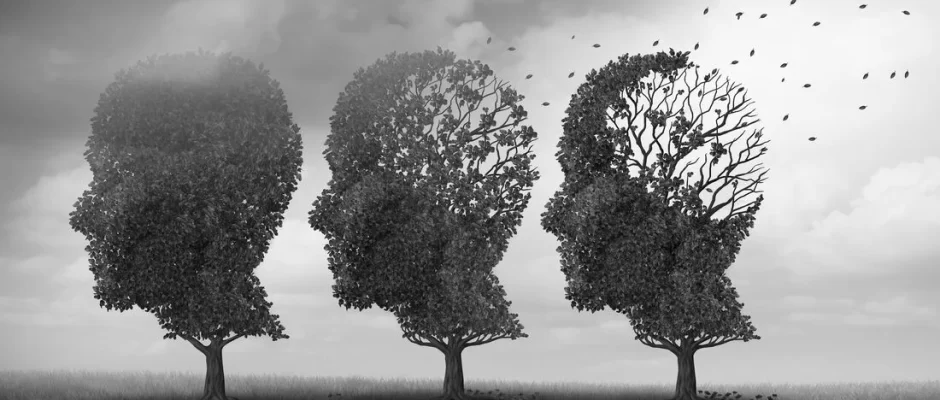Dementia and Criminal Responsibility

It is an unfortunate reality that dementia can happen to anyone later in life. Conditions such as Alzheimer’s and other forms of dementia are common. It is estimated that 5.8 millionAmericans suffer from Alzheimer’s disease. It’s a devastating disease that wreaks havoc on families and communities.
What is Dementia?
Dementia is a loss of cognitive functioning that affects a person’s daily life. Dementia affects a person’s ability to think, remember, and reason. Skills such as language, reasoning, self-control, and memory can all become seriously impaired. Dementia is not a normal part of aging. It happens when neurons in the brain stop working, lose the connections with other brain cells, and die.
Dementia and Crime
Dementia can have a profound effect on an individual’s personality and ability to function in society. People who would never commit a crime may find themselves on the wrong side of the criminal justice system. Criminal behavior that starts in mid to late life may be a sign of dementia. People with dementia are often confused and may lash out when they don’t understand what is happening to them. When your 70-year-old aunt, who would never hurt a fly, hits someone at the grocery store, chances are some form of dementia is involved.
A 2015 studypublished in the Journal Neurology, found that new, late-onset criminal activity could be a sign of dementia. The study also found that the types of crimes committed varied among dementia patients. The study found that 8% of the Alzheimer’s patients studied had been involved in the legal system. Often their crimes involved things like trespassing on private property, traffic violations, or shoplifting. Anti-social behaviors such as public urination and fighting occurred with other forms of dementia such as frontotemporal dementia.
Criminal Responsibility
The question for our criminal justice system becomes whether those with dementia who commit crimes should be held criminally responsible for their actions. Confusion, lack of impulse control, and lack of memory may indicate that people with dementia who commit crimes are not aware that their actions are criminal. Individuals who have dementia lack the state of mind to be held responsible for their crimes and should be treated and cared for, not placed in the criminal justice system.
If you or a loved one has a mental disability and has been arrested or convicted of a crime, you need an experienced criminal defense attorney on your side. Elizabeth Kelley specializes in representing individuals with mental disabilities. To schedule a consultation call (509) 991-7058.


